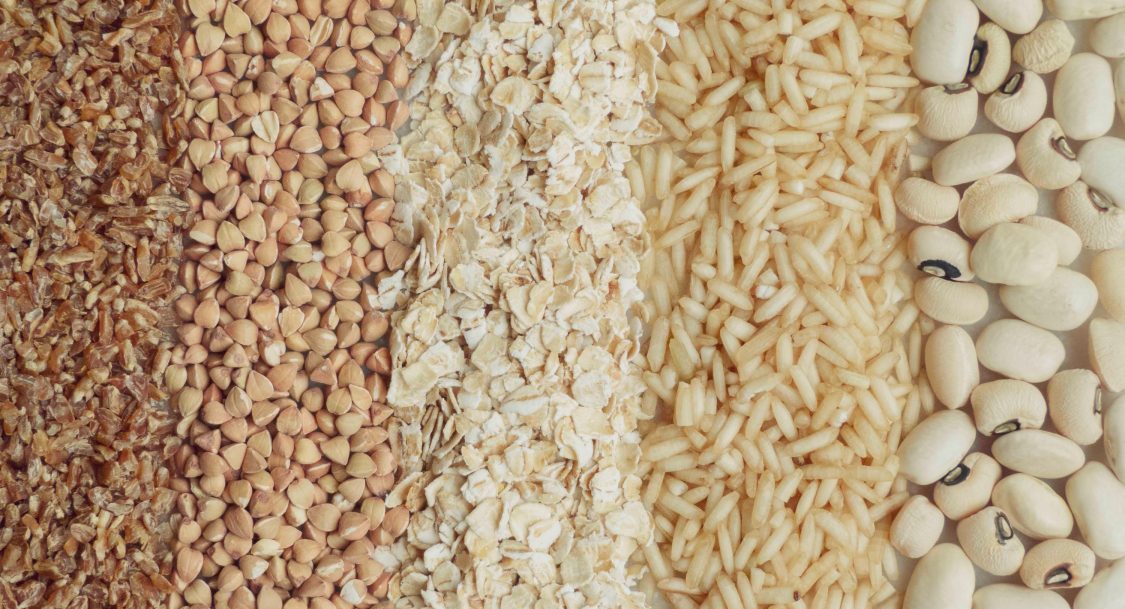Fair Trade and Staple Foods: A Systematic Review
An article by Ana Cristina Ribeiro-Duthie, Fred Gale and Hannah Murphy-Gregory
A new article by Ana Cristina Ribeiro-Duthie, Fred Gale and Hannah Murphy-Gregory, 'Fair Trade and Staple Foods: A Systematic Review', is available for free download for the next 50 days
Abstract
Sustainability certification schemes such as FAIRTRADE, FLO, WFTO and FT-USA have gained increasing markets. The significant growth of the fair trade (FT) movement in the last decades draws attention to ethical consumption. FT’s aim at improving the livelihoods of producers in developing countries and promotion of social change is considered a model that shows the benefits of trade to development. Although conveying a large number of publications, important questions about the movement remain under-explored. The literature is prolific on coffee, cacao, flowers, wine, and gold. In contrast, the engagement with staple foods e a prominent globally traded food category e seems minor. The primary objective of this review was to map the existing literature about FT and staple foods; then, to investigate the role of staple foods in the FT movement. The search strategy was designed to retrieve publications on the intersection of FT and staple foods. To date, there is no review about FT and staple foods nexus. Our systematic review addressed this gap considering FT as an alternative capable of addressing unsustainable food consumption and production impacts. Our research protocol included keywords searching across four databases, screening, and comparative analysis. From 283 documents retrieved, 49 were deemed relevant to reflect the role of staple foods in the FT movement. This systematic review discusses challenges and opportunities for the FT model to further engage with staples and recommends improvement of its environmental credentials. The present study can contribute by informing decision makers, policy makers, businesses, NGOs, producers, and consumers.

